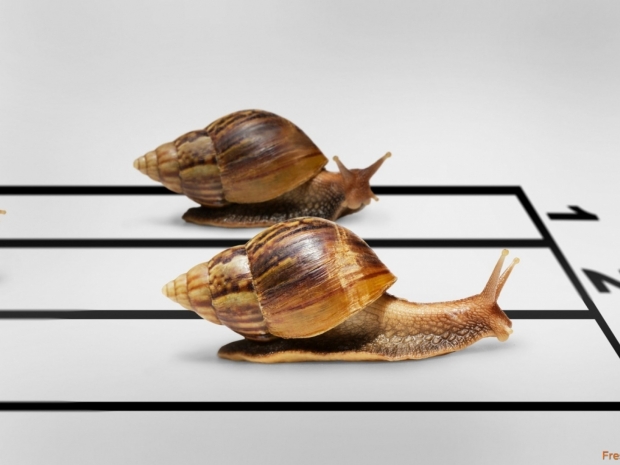This is according to data from Ookla, a company that provides an online service for measuring the speed of an internet connection with its Speedtest app and website.
Faster internet data means that users can load websites and start watching movies more quickly, make crisper video calls and get higher quality video.
Ookla's data is important because they are created by users and not in a corporate lab and encompass the range of random real world conditions that affect performance like distance from cellular towers and network congestion. Ookla said it hosts millions of tests a day and has done 20 billion in total.
The speed-test data, reviewed by Bloomberg, show that Samsung's Galaxy S9 phones had an average download speed -- across carriers in the U.S. -- of 38.9 megabits per second, based on about 102,000 tests over the past three months. The larger model, the S9+, delivered speeds of 38.4 Mbps, according to a sample size of about 169,000 phone connections.
The iPhone X on average downloaded data at 29.7 Mbps, based on a 603,000 tests. The iPhone 8 Plus and iPhone 8 were close behind with speeds of 29.4 Mbps and 28.6 Mbps, respectively.

